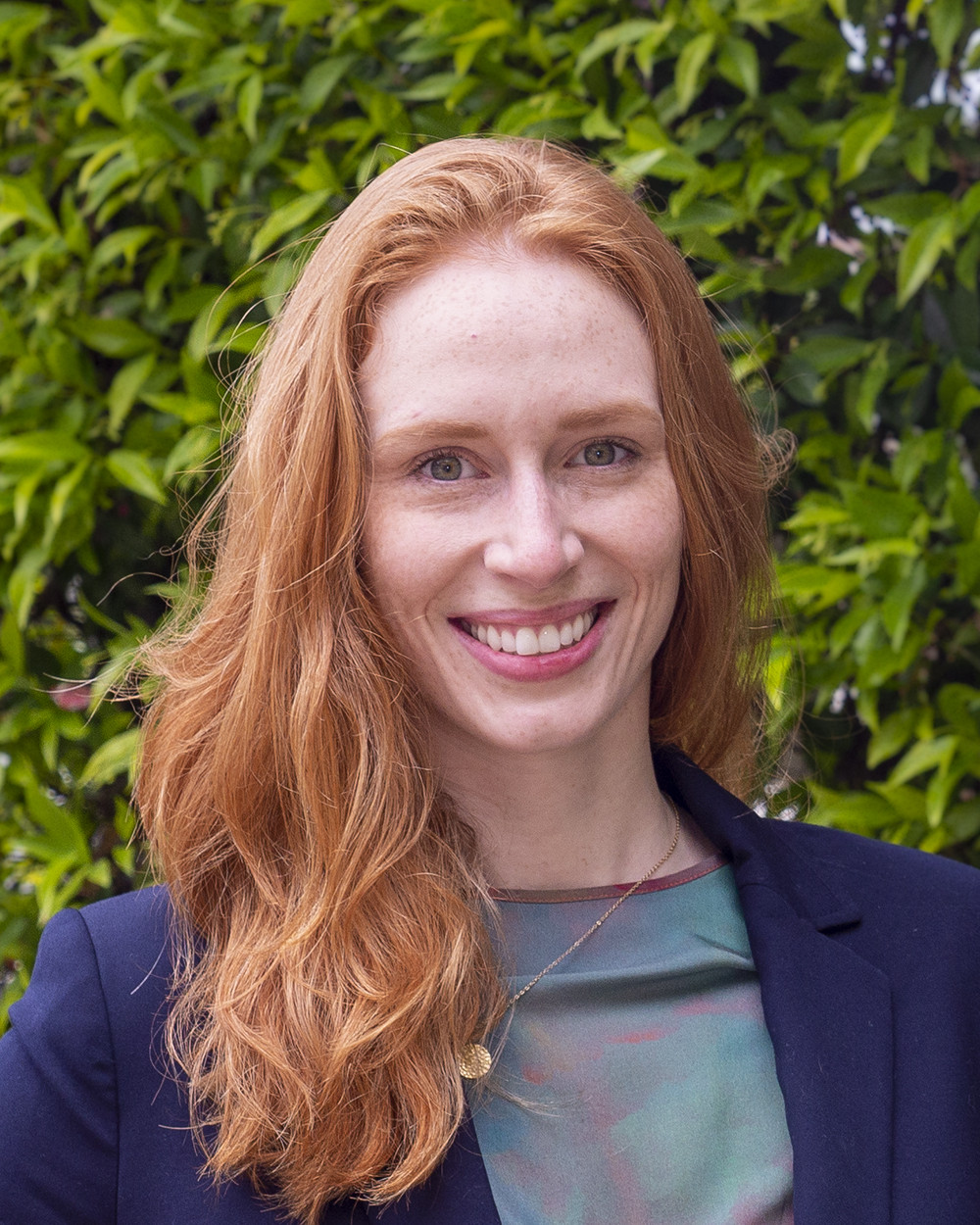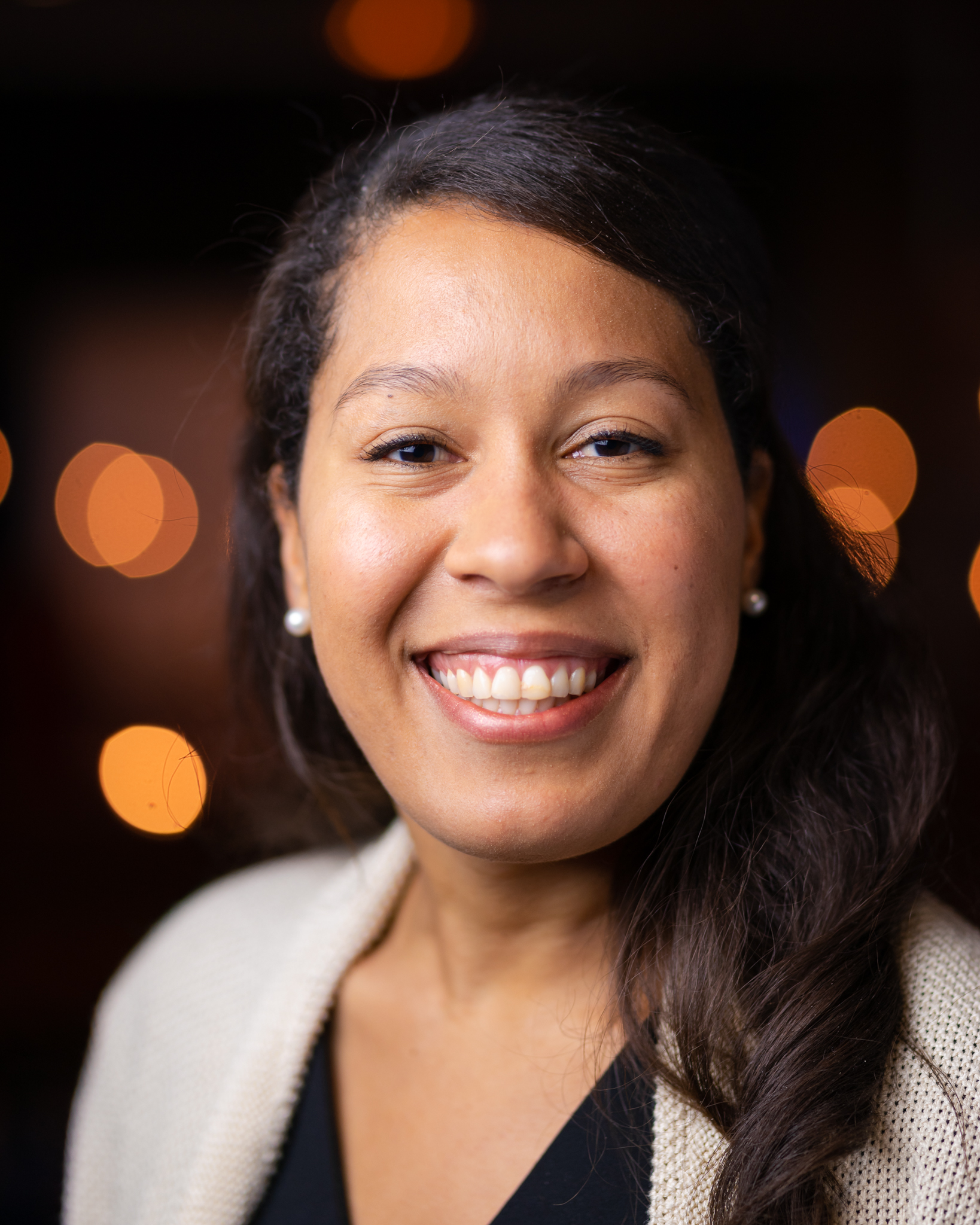Co-directors of Berkeley Law’s Alternative Dispute Resolution team
Part of Berkeley Law’s Advocacy Competitions Program, the Alternative Dispute Resolution (ADR) team sends students to mediation and negotiation competitions, two of the many different types of alternative dispute resolution processes, according to the ABA. Mediation can be thought of as a negotiation facilitated by a trusted neutral person. Mediation competitions include a mediator or “third-party neutral,” (either a student or professional mediator), and the two parties in dispute. Negotiation competitions do not include a third-party, only the two parties in dispute. While mediation involves a more formalized process, in both, the parties are negotiating against each other, which means that everyone on the ADR Team learns how to negotiate.
In fall 2020, Rachel, Sophia, and Karen Yang ’21 were the first team from Berkeley Law to compete on the international level at the Singapore International Mediation Competition, which virtually convened 48 teams hailing from 31 different countries. The Berkeley team competed in Singapore time (5:00 AM Pacific) for five days. They won all five rounds they competed in and took Gold in the Mediator and Mediation Advocate (negotiation) categories.
Here, Rachel and Sophia discuss the ADR team and the value it has contributed to their legal education:
 Sophia: When I was in college I did field work at a public defender’s office and in a family court. I kept seeing people get up in court and then the judge would give a decision. But I didn’t feel like most of these people were having their stories heard or having anything actually resolved in their lives. When I was getting ready to graduate I wasn’t sure I wanted to go to law school yet, but I wanted to do something immediately to help people work through issues without having to deal with the court system. So I got certified in mediation and was a volunteer mediator while I was working as a paralegal at the Federal Trade Commission. Then I received the Henry Luce fellowship and went to work for a year at the Singapore International Mediation Institute on dispute resolution and mediation issues. One of the reasons I chose Berkeley Law is the Alternative Dispute Resolution team.
Sophia: When I was in college I did field work at a public defender’s office and in a family court. I kept seeing people get up in court and then the judge would give a decision. But I didn’t feel like most of these people were having their stories heard or having anything actually resolved in their lives. When I was getting ready to graduate I wasn’t sure I wanted to go to law school yet, but I wanted to do something immediately to help people work through issues without having to deal with the court system. So I got certified in mediation and was a volunteer mediator while I was working as a paralegal at the Federal Trade Commission. Then I received the Henry Luce fellowship and went to work for a year at the Singapore International Mediation Institute on dispute resolution and mediation issues. One of the reasons I chose Berkeley Law is the Alternative Dispute Resolution team.
 Rachel: I’m a first generation law student, so I didn’t know much about the legal world. Before law school, I was working for UN Women in Papua New Guinea on a woman-only bus system. It became very clear through my research that regardless of how many social interventions we were doing, that the law didn’t protect these women. That experience led me to work as a paralegal at Lieff Cabraser, then to law school. I wasn’t familiar with alternative dispute resolution when I started as a 1L. I actually missed the signups for tryouts and happened to stumble upon it in progress. I asked if I could still try out and they gave me the prompts and said, ‘If you can do this in the next 15 minutes, then sure.’ I prepped for the next 15 minutes, went into the negotiation, and just came alive.
Rachel: I’m a first generation law student, so I didn’t know much about the legal world. Before law school, I was working for UN Women in Papua New Guinea on a woman-only bus system. It became very clear through my research that regardless of how many social interventions we were doing, that the law didn’t protect these women. That experience led me to work as a paralegal at Lieff Cabraser, then to law school. I wasn’t familiar with alternative dispute resolution when I started as a 1L. I actually missed the signups for tryouts and happened to stumble upon it in progress. I asked if I could still try out and they gave me the prompts and said, ‘If you can do this in the next 15 minutes, then sure.’ I prepped for the next 15 minutes, went into the negotiation, and just came alive.
Sophia: Participating in the Alternative Dispute Resolution team and competitions is a unique opportunity for law students to practice advocating for their client’s interests while still problem-solving together with opposing counsel, something that nearly every lawyer will do on a daily basis. Strong writing is important, but lawyers also need to be good communicators.
Rachel: Absolutely. I think a lot of people experience anxiety around public speaking and oral advocacy. The ADR team is one of the few opportunities a 1L has to actually do the work of a lawyer in a safe, learning environment. You’ll practice with teammates and coaches and build your advocacy abilities. Before you know it you’ll be able to confidently engage every single person in any room, regardless of their background.
Rachel: I am planning to go into intellectual property and transactions are a very regular part of that practice area. As a result, I am more interested in the negotiation side of our team. It’s thrilling to go into a space and navigate the competing interests and figure out how to move forward. Sophia loves our mediation side. Together we make a great team.
Sophia: As co-directors this year, we’ve worked really hard to draw on our different skill sets in order to make the team as strong and diverse as possible. Clint Waasted, our head coach, has also been instrumental in developing the ADR program for the past 6 years here at Berkeley. ADR is different from other student organizations in that we bring people together from very different segments of the law school that would likely never connect otherwise to work together on a common cause.
Rachel: ADR is also a great experience because it exposes team members to a wide variety of legal practice areas and situations. For every competition, all ADR members participate in spars, which are basically practice mediations or negotiations to ensure those that will be competing are ready to excel at very high levels. For instance, we had a team competing in the National Sports Law Negotiation Competition earlier this year. So we all had to research how to negotiate a sports contract, learn about the professional organizations and the types of clauses that are normally included, etc.
Sophia: Mediation and negotiation are also increasingly essential to international legal practice. Most cross-border disputes are not going to be resolved in a courtroom, but through some sort of ADR process, often administered through an international body such as the WIPO. These tools are already shaping the way that lawyers interact with each other across different states, different borders, different nations. So it was exciting for us to be able to take Berkeley to an international ADR competition and win.